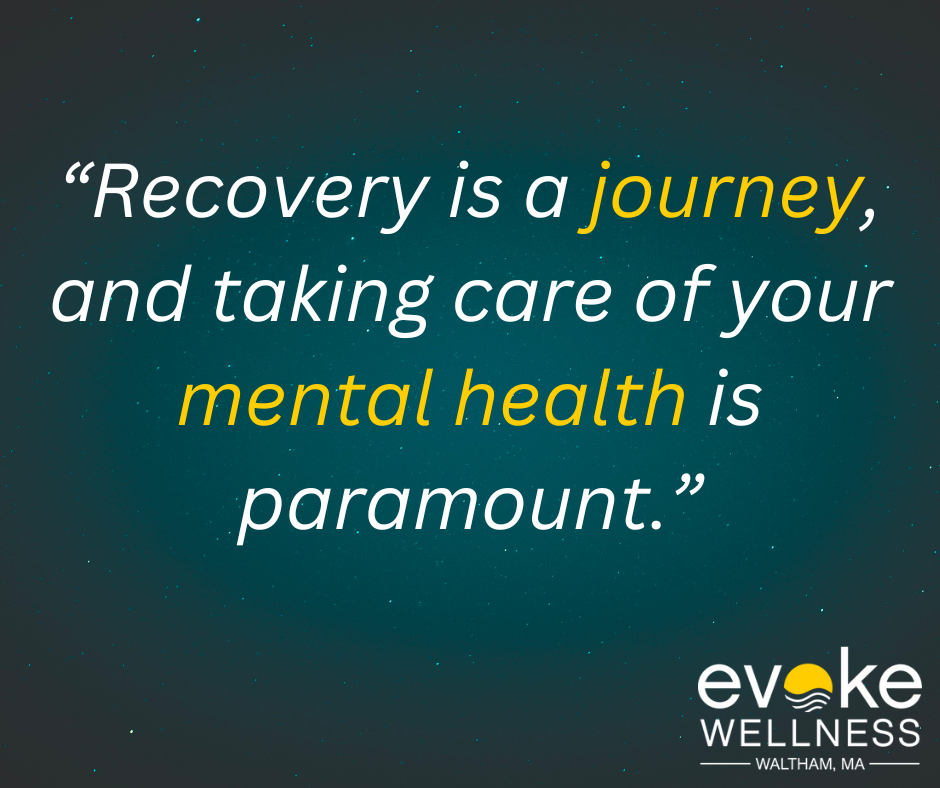Have you ever wondered why traditional mental health and addiction treatments sometimes fall short? The missing piece could be trauma-informed care. This approach recognizes the widespread impact of trauma and integrates that understanding into every aspect of treatment. By addressing the root causes of mental health issues and substance abuse, trauma-informed care can significantly improve outcomes for individuals struggling with:
- Mental health disorders
- Addiction
- Dual diagnosis (co-occurring mental health and substance use disorders)
In this article, you’ll discover how trauma-informed care is revolutionizing mental health and addiction recovery, and why it’s crucial for effective treatment in today’s world.
Call us at (833) 287-7223 today or reach out online.
Understanding Trauma-Informed Care
Trauma-informed care recognizes how prevalent trauma is and its profound impact on mental health and addiction. It guides a compassionate approach tailored to each individual’s unique experiences.
What Is Trauma?
- Trauma results from intensely stressful events that shatter a person’s sense of safety and security.
- It can stem from abuse, violence, disasters, or other overwhelmingly negative experiences.
Principles of Trauma-Informed Care
- Promoting feelings of physical and emotional safety for clients.
- Building trust through transparency and respecting boundaries.
- Peer support and mutually respectful relationships empower recovery.
- Integrating knowledge about trauma into all aspects of service delivery.
Why It Matters
Trauma dramatically influences mental health and substance use disorders. Failing to address trauma reinforces feelings of helplessness that perpetuate the cycle of addiction and mental illness. Trauma-informed practices enhance resilience, facilitate healing, and improve long-term recovery outcomes.
Trauma’s Impact on Mental Health and Addiction
Trauma’s Lasting Effects
Trauma can have profound, long-lasting effects on mental health and increase vulnerability to substance abuse disorders. Traumatic experiences like abuse, violence or disaster can trigger anxiety, depression, PTSD and other mental health issues.
The Addiction Cycle
Many turn to drugs or alcohol to cope with trauma’s emotional pain, sparking a vicious cycle. Substance abuse temporarily numbs distressing thoughts and feelings but ultimately exacerbates mental health symptoms, fueling more addictive behavior.
Breaking the Cycle
Trauma-informed treatment approaches recognize this link between trauma, mental illness and addiction. Integrated care addresses underlying trauma through counseling, psychotherapy and other evidence-based therapies while managing substance abuse and co-occurring disorders. Healing trauma disrupts the addiction cycle, supporting lasting recovery.
What Does Mental Health Mean?
Mental health encompasses our emotional, psychological, and social well-being. It influences how we think, feel, and behave daily.
Holistic Approach
A holistic view recognizes mental health as more than just the absence of mental illness. It’s about cultivating resilience, self-esteem, and the ability to cope with life’s challenges.
Interconnected Aspects
Mental health intertwines with our physical health, relationships, life satisfaction, and ability to pursue meaningful activities. Nurturing all these interconnected aspects fosters overall well-being.
Enhancing Mental Health Through Trauma-Informed Approaches
Trauma-informed care recognizes the widespread impact of trauma and integrates principles of safety, trustworthiness, peer support, and skill-building to address individuals’ needs. It creates a treatment environment conducive to healing.
Understanding Trauma’s Impact
Trauma can profoundly impact mental health and substance use. Unresolved trauma often underlies conditions like PTSD, depression, anxiety, and addiction.
Principles in Practice
Trauma-informed approaches emphasize:
- Physical and emotional safety
- Choice and control for the individual
- Trusting relationships
- Strengths-based skill development
Benefits for Recovery
Applying these principles enhances outcomes by:
- Reducing re-traumatization
- Building coping skills
- Fostering trust and engagement
- Addressing root trauma issues
Trauma-informed care provides a pathway to empowerment and lasting recovery for those impacted by trauma.
How to Manage Mental Health in Recovery
Develop Effective Coping Strategies
As you navigate recovery, it’s crucial to build a toolkit of healthy coping mechanisms. These can include mindfulness practices, exercise routines, or engaging in creative outlets. Identify strategies that resonate with you and make them a regular part of your routine.
Prioritize Self-Care and Wellness
Recovery is a journey, and taking care of your mental health is paramount. Incorporate self-care practices like getting enough sleep, eating a balanced diet, and engaging in activities that bring you joy. Building a strong support system can also provide a sense of connection and encouragement.
The Benefits of Trauma-Informed Care for Everyday Life
Trauma-informed care offers profound benefits that extend far beyond clinical settings. By understanding the prevalence of trauma and its far-reaching impacts, you can cultivate greater self-awareness, empathy, and resilience in your daily life.
Increased Self-Understanding
Exploring how past adversities shape your thoughts, emotions and behaviors allows you to respond to challenges with more compassion and less self-judgment. This self-knowledge fosters emotional agility and personal growth.
Strengthened Relationships
With a trauma-informed lens, you can better attune to others’ experiences and communicate with greater sensitivity. This deepens connections and creates a sense of felt safety in your interactions.
Holistic Well-Being
Trauma-informed principles emphasize the mind-body connection. As you become more attuned to your internal experiences, you can more readily identify and address unmet needs, reducing chronic stress and boosting overall vitality.
Mental Health and Substance Abuse: Understanding the Connection
The Vicious Cycle
Substance abuse and mental health disorders often go hand-in-hand, creating a vicious cycle that can be difficult to break free from. Individuals struggling with mental illness may turn to drugs or alcohol as a way to cope, only to find themselves trapped in addiction.
Types of Mental Health Disorders
There are several types of mental health disorders that can intersect with substance abuse, including:
- Mood disorders (e.g., depression, bipolar disorder)
- Anxiety disorders (e.g., generalized anxiety, PTSD)
- Personality disorders
- Psychotic disorders (e.g., schizophrenia)
Navigating Dual Diagnosis Treatment
Treating co-occurring mental health and substance use disorders requires an integrated approach. Dual diagnosis programs provide comprehensive care addressing both issues simultaneously through:
- Psychotherapy (individual, group, family)
- Medication management
- Lifestyle changes and relapse prevention strategies
With proper treatment, individuals can break the vicious cycle and achieve lasting recovery.
Conclusion
As you’ve learned, trauma-informed care is a game-changer in mental health and addiction recovery. By addressing the root causes of your struggles, this approach empowers you to heal holistically. Remember these key takeaways:
- Mental Health Treatment:
- Focuses on your unique trauma experiences
- Builds resilience and coping skills
- Dual Diagnosis Treatment:
- Addresses both mental health and addiction simultaneously
- Recognizes the interconnected nature of trauma, mental health, and substance use
By embracing trauma-informed care, you’re taking a crucial step towards lasting recovery. This compassionate, evidence-based approach offers hope and healing, allowing you to reclaim your life and build a brighter future. You deserve care that truly sees and understands you – trauma-informed care delivers just that.
Begin Your Journey with Evoke Wellness at Waltham
If you or a loved one is considering outpatient treatment, Evoke Wellness at Waltham invites you to contact us. Our compassionate team is ready to answer your questions, discuss your needs, and help you take the first steps toward recovery. At Evoke Wellness, you will find more than just a treatment program – you’ll discover a community dedicated to your wellness and success. Together, let’s embrace the journey to recovery and the promise of a new beginning. Call us at (833) 287-7223 today or reach out online.



